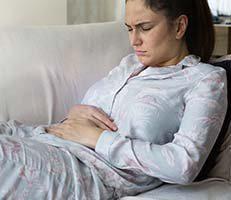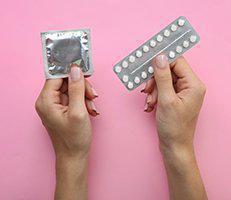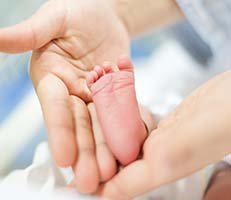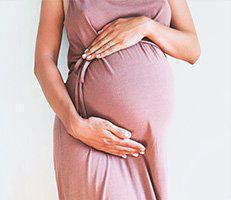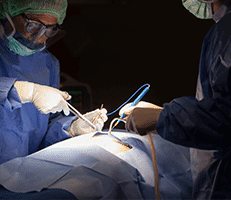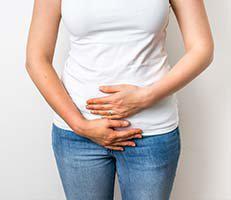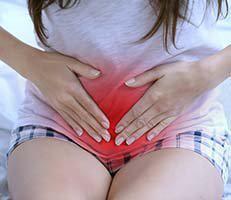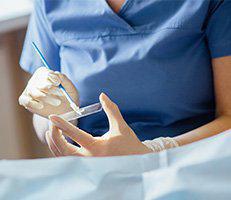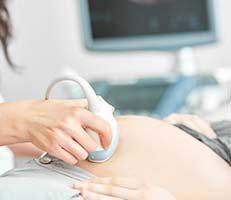Fibroids Specialist in Miami, Florida

OB/GYN Associates of Miami
OBGYNs located in Miami, FL
Uterine fibroids are incredibly common. Researchers estimate that they affect 20-80% of women of childbearing age. Fibroids are often asymptomatic, but if they’re causing symptoms and problems for you, consult with the expert team at OB/GYN Associates of Miami in Miami, Florida. For knowledgeable and comprehensive management of problematic fibroids, call the friendly staff to make an appointment or book yours using the online scheduler.
Fibroids Q & A
What are uterine fibroids?
Uterine fibroids are growths that form on or within the interior walls of your uterus. They’re quite common, especially in women in their 40s and 50s, and they’re usually not cancerous. Fibroids vary widely in size, from the size of a tiny seed to that of a grapefruit.
In many women, fibroids cause no symptoms and you’re not even aware you have them. But, when they grow in size or number, fibroids can cause disruptive symptoms.
What are the symptoms of uterine fibroids?
The following symptoms suggest you may have uterine fibroids:
- Heavy or abnormal bleeding
- Painful periods
- Pain during sex
- Frequent urination
- A “full” feeling in your pelvic region
- Difficulty emptying your bladder
- Low back or upper leg pain
- Constipation
In rare cases, fibroids can interfere with your fertility. They can also cause problems during delivery, so many women with fibroids require Cesarean sections.
Why did I develop uterine fibroids?
Researchers aren’t certain why women develop uterine fibroids, but it’s likely that hormones and genetics are responsible. Certain women are at a greater risk of developing fibroids.
Factors that contribute to your chances of fibroid development include:
- Age — women in their 40s and early 50s are more susceptible to fibroids
- Race — African American women develop fibroids more than other racial groups
- Vitamin deficiencies, namely vitamin D
- Early menstruation
- A diet that’s heavy on red meat and light on vegetables
If you develop fibroids, but they’re not symptomatic, you likely don’t need any treatment. But the doctors at OB/GYN Associates of Miami may schedule regular ultrasounds to monitor any changes in fibroid growth.
How are uterine fibroids managed?
Uterine fibroids can’t be cured, but their symptoms and growth can be managed. Your provider at OB/GYN Associates of Miami uses a comprehensive approach to help you deal with fibroids that includes hormone therapy and lifestyle changes, and possibly surgical solutions.
Hormone therapy may include hormonal contraception, such as the pill or an intrauterine device, that helps reduce excessive bleeding and cramping during menstruation. Dietary changes can help with bloating and energy.
When conservative interventions are inadequate, your doctor may recommend surgical solutions. One option is a myomectomy, which removes just the offending fibroid or fibroids, so your uterus remains intact and fertility is preserved. Sometimes a woman may undergo a hysterectomy (full removal of the uterus) if her family is complete or her fibroids are so pervasive as to require it.
For expert management of your uterine fibroids, call the friendly staff at OB/GYN Associates of Miami or use the online scheduling tool to set up a consultation.

